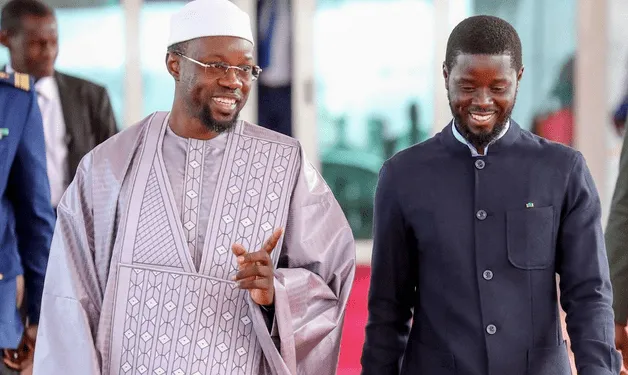On Tuesday, media organizations across Senegal went on a blackout to protest what they allege is a government crackdown on press freedoms. Major television stations such as TFM, ITV, and 7 TV went dark, while radio stations like RFM and iRadio also ceased broadcasting. Most daily newspapers did not publish, with the notable exceptions being the government-owned Le Soleil and the private pro-government WalfQuotidien and Yoor Yoor Bi.
The protest highlights growing tensions between Senegal’s media sector and the government. The Senegalese Council of Press Distributors and Publishers, representing both private and public media entities, has accused the government of freezing media outlets’ bank accounts, seizing production equipment, and unilaterally terminating advertising contracts. These claims were detailed in an editorial published by Le Quotidien on Monday but could not be independently verified. Government officials were unavailable for immediate comment.
The blackout comes amid increasing international concern over press freedoms in Senegal, one of West Africa’s most stable democracies. The media sector has been struggling with significant debt, exacerbating fears for its economic viability. The situation has drawn criticism from global watchdogs like Reporters Without Borders (RSF), which has noted a significant drop in Senegal’s ranking on the World Press Freedom Index, from 49th to 94th place in the past three years.
Prime Minister Ousmane Sonko, who took office earlier this year, has criticized what he called “misappropriation of public funds” within the media industry. Government sources allege that several media outlets have failed to pay taxes and were previously used by the last government to target the opposition. They argue that the crackdown is not an attack on media freedom but a necessary step to ensure financial accountability and a clear regulatory structure.
Additionally, there has been a rise in police brutality against journalists and arrests of government critics, further complicating the media landscape. Sadibou Marong, the West Africa chief at RSF, expressed grave concerns about the deteriorating press freedoms. “Journalists are not sufficiently protected when doing their job and politicians are not playing their role in the matter,” Marong told The Associated Press. “Even worse, the political forces have jeopardized the right to inform and be informed.”



